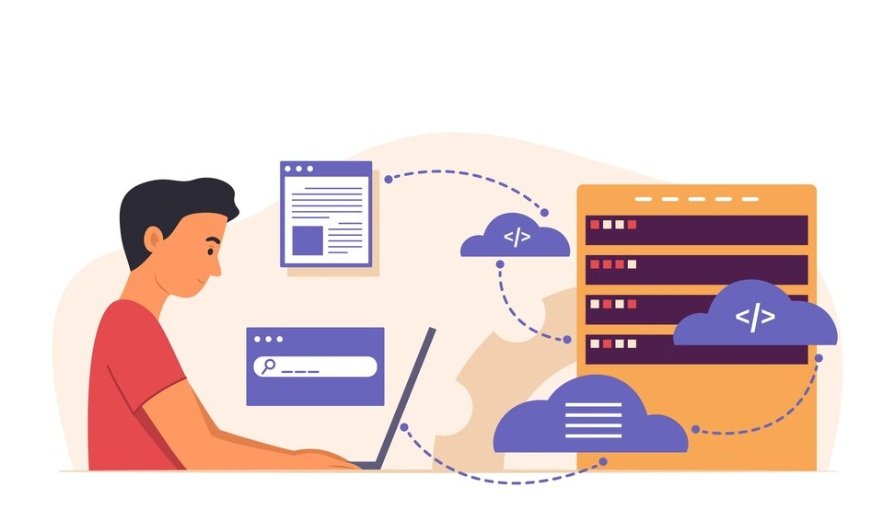Exploring Information Sources
We gather information from various sources, both online and offline, that offer different perspectives on a wide range of topics. These resources, which provide distinctive perspectives and information on many topics, might include webpages, books, journals, newspapers, and more. Books and newspapers are examples of offline sources that may give more in-depth analysis and historical background, while websites and blogs, which are online, provide real-time updates as well as a wide range of viewpoints and facts on numerous issues.
Online and Offline Sources for website: Differences.in.net
The ease of use and accessibility that online and offline information sources provide are significant distinctions. People may easily locate information on a certain subject by using online resources, which are accessible from any location with an internet connection. However, using offline sources could require you to make a time-consuming and inconvenient journey to the library or bookshop. On the other hand, certain internet sources could lack the feeling of legitimacy and dependability that traditional sources often provide.
Numerous course books and magazines provide us enormous help with our articles.
- School/College Books: Books provide a wealth of information on a variety of topics.
- Online portals such as Yahoo Answers and WikiHow are excellent sources of information for everyone, offering extensive knowledge on a variety of topics.
Discovering Comparative Data
It’s never been simpler to distinguish between different subjects in the information age. A plethora of blogs, social media pages, and websites are devoted to providing thorough comparisons so that consumers may make wise choices. Some of the most trustworthy resources for finding this kind of comparison data are included on this page.
Best Blogs for Comparative Data
Numerous blogs focus on comparing various subjects, including anything from technology to lifestyle. Among the noteworthy mentions are:
- Quora.com: This site discusses a wide range of subjects, such as technology, science, and health. It offers succinct explanations that emphasise the distinctions between related areas.
- Diffen.com: This website, renowned for its easy-to-use layout, lets users compare everything and anything. The side-by-side comparison style makes it easier to understand the differences between various things.
Social Media Pages and Communities
Social networking sites also have a plethora of pages and groups devoted to discussions about comparisons. These communities are great places to interact with others who share your interests and learn about other viewpoints. Several suggested pages and groups consist of:
- r/ExplainLikeImFive on Reddit For those looking for streamlined explanations of complicated subjects, this subreddit is ideal. Individuals often share comparison questions, adding to a database of clear and concise information.
- ‘Comparison Enthusiasts’ on Facebook: This community is dedicated to comparing goods, services, and concepts. Members actively share their knowledge and perspectives, which makes it a helpful tool for anyone trying to learn more about diversity.
These blogs and social networking sites provide a plethora of comparison data, regardless of your level of reading experience. You may remain educated and make well-rounded judgements on a range of issues by making use of these tools.
